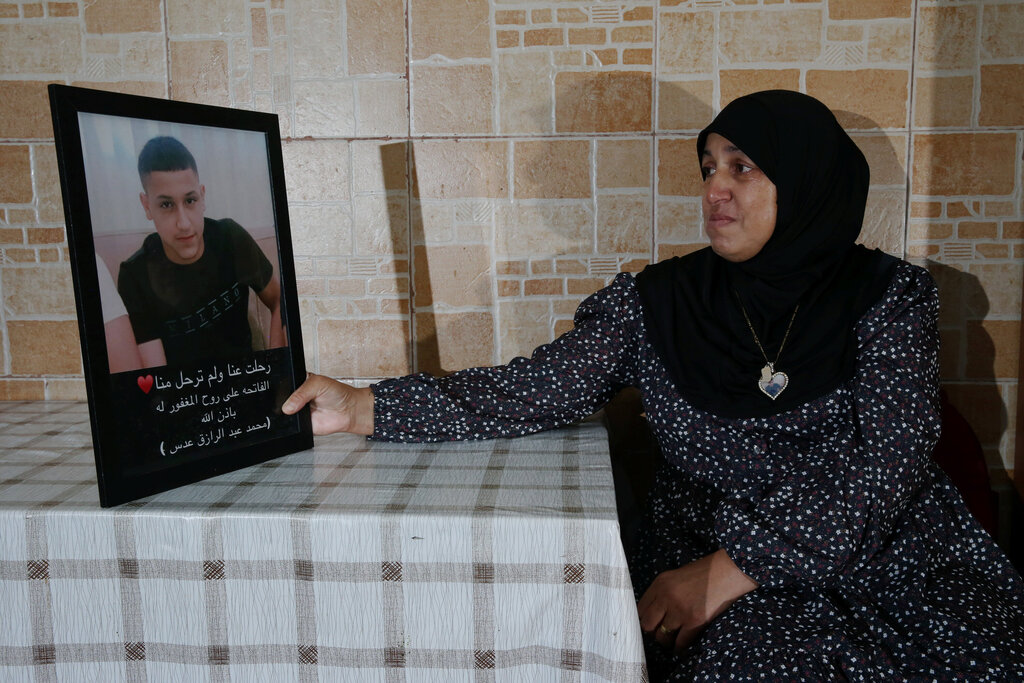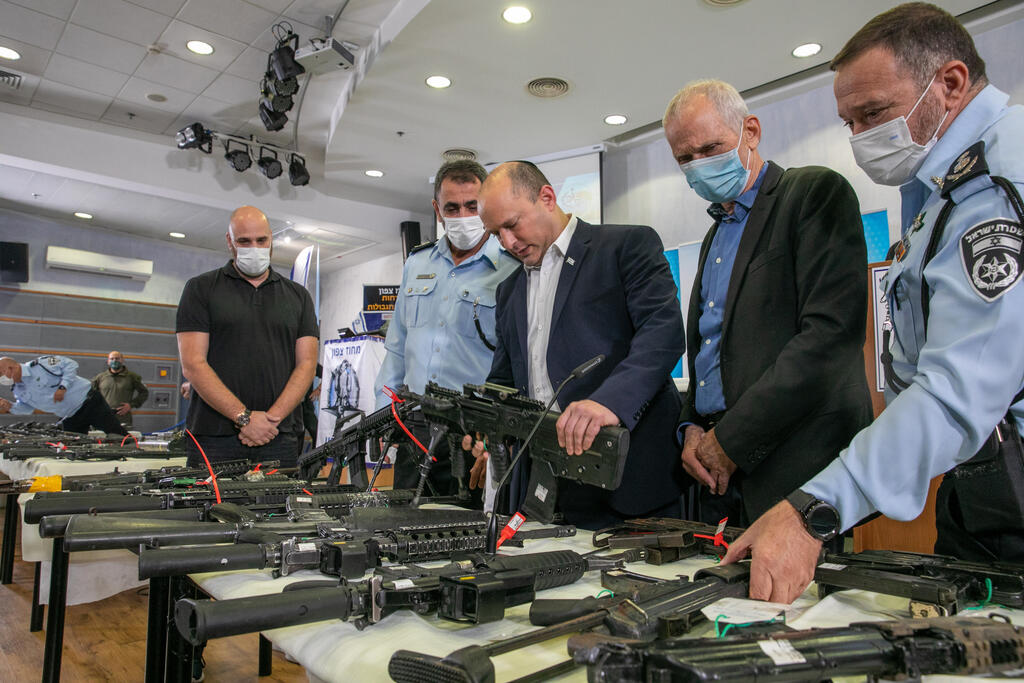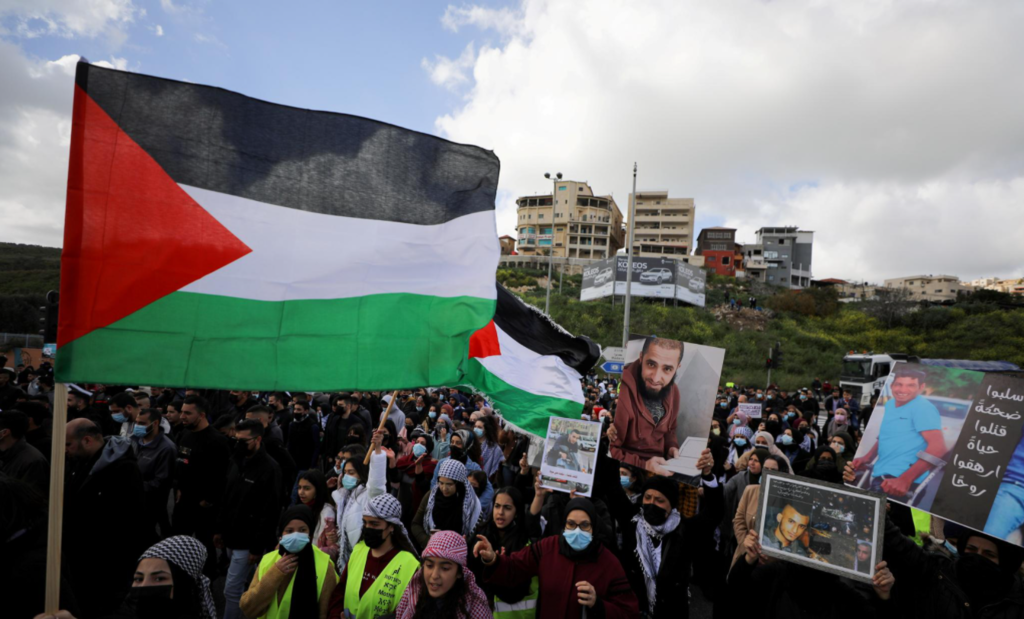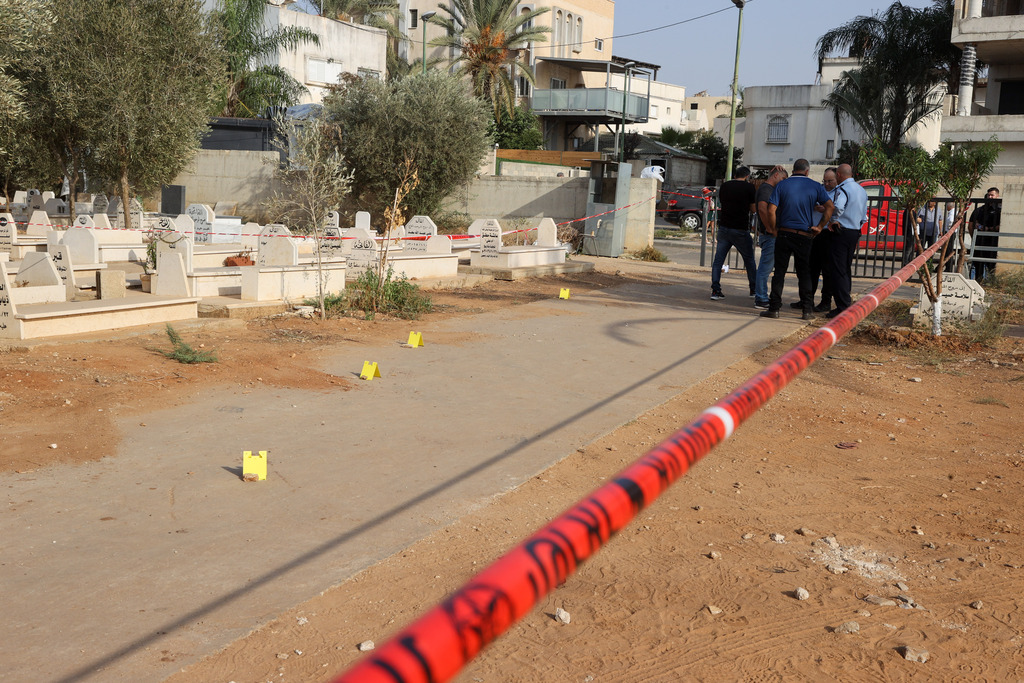Getting your Trinity Audio player ready...
Those who take to Google to look up information on Jaljulia, will find results that only elaborate on dangers lurking in the central Israeli Arab town.
There are no results about the prehistoric archaeological site located on the city's outskirts or the remains of the old Crusader sugar mill, which was later turned in the Jami Abu´l-Awn Mosque — a complex associated with the 15th-century religious leader Shams al-Din Abu´l-Awn Muhammad al-Ghazzi, a commander in Saladin's army.
This is not surprising, considering that your average Israeli would only hear about the town in the context of crime and murder.
Since the start of the year, Jaljulia has lost five of its sons in various criminal attacks. Among the dead was 15-year-old Mohammed Adas, who was killed on the way back from a family dinner.
The latest victim is Mohammed Odeh, a special needs man with two children, who was killed by a stray bullet on Tuesday near the town's cemetery.
Jaljulia, unlike its Jewish neighbors, ranks near dead last on the socio-economic scale and at the top when it comes to murders per capita.
4 View gallery


Sohila Adas, mother of Mohammed Adas, who was murdered on the way back from a family dinner in Jaljulia earlier this year
(Photo: Shaul Golan)
The town is no different than other Arab local authorities in Israel. The possibility of losing your life to a stray bullet has become the reality for many Israeli Arabs, who for years had been forced to live on the economic and social periphery without adequate resources and infrastructure.
The Israel Police has neglected the sector for decades, with many stations saying outright they will not send officers into Arab towns, where exploitative criminal organizations have sprung up, turning Israel’s backyard into an autonomous zone in which terror rules over the lives of hundreds of thousands of Israeli residents.
After nearly two years of protests by Israel's Arab population, the country's government finally decided to get involved, giving itself an audacious goal of putting a stop to the escalating crime wave within six months, according to Deputy Internal Security Minister Yoav Segalovich.
4 View gallery


Police Chief Kobi Shabtai, left, showing Prime Minister Naftali Bennett and Interior Security Minister Omer Barlev illegal weapons seized by police
(Photo: Flash 90)
Since the start of the campaign, endless reports of seized weapons, arrests of suspects, confiscation of assets and closure of businesses with alleged ties to crime came pouring in.
In an effort to get a victory photo, senior police officers invited politicians to take a look at the bounty of illegal weaponry, which for years eluded security forces.
In the first two weeks of the operation, a sense of calm was felt across the country's Arab cities, with ten straight days without even one report of a homicide.
Some thought this was a sign that police was starting to get a handle on the situation and the criminals have retreated underground. Some thought that it might even be time to end the protests.
4 View gallery


Arab Israelis take part in a protest against a wave of violence in their communities, where they say police have turned a blind eye to crime, in northern town of Umm el Fahm
(Photo: Reuters)
Tuesday's murder in Jaljulia was a shattering wake-up call to police's sense of victory and to any sense of optimism and euphoria that average Arab citizens might have started to feel.
The event emphasizes - more than anything - that the eradication of crime requires the systematic work of all government agencies, aimed at rehabilitating the urban areas and increasing the Arab residents' communal resilience.
Israeli Arabs must not hold back. We have a responsibility to continue the protests not only to pressure the government to do more, but mainly, to show the criminals we are united and strong.


